Documentary Case Study:
'Bernie Blackout' (2020)
Inside a Fast Turnaround Documentary for VICE TV
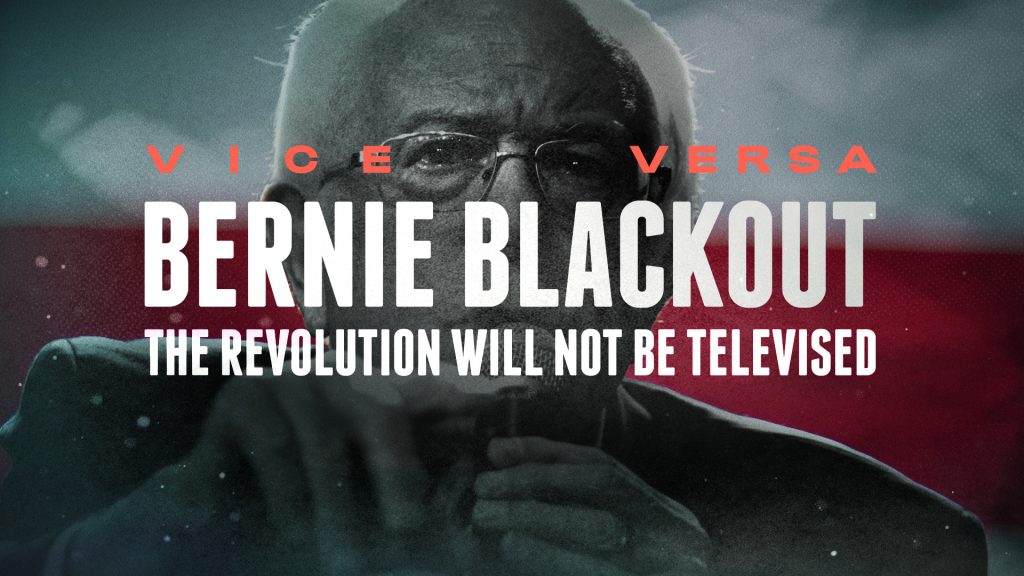
This documentary case study originally appeared on DocumentaryBusiness.com and is republished here with permission from the author.

Guest Post by: Peter Hamilton - Documentary & TV Business Consultant
Published August 7, 2020
In this intense U.S. election year, I caught up with filmmaker Pat McGee to explore his fast-track production of “Bernie Blackout: The Revolution Will Not Be Televised”.
Broadcast on VICE network on May 13, 2020, McGee‘s investigative documentary asks:
For my original Case Study, Pat McGee takes us inside his high-risk project from Concept and Development through Pitch to Field Production and Delivery.
You can listen to my pod-versation with Pat McGee here (or scroll down for the full case study):
In the podcast, we discuss:
- The Concept: documenting Bernie Sanders’ campaign and the media bias against him.
- His unique access to the Sanders campaign.
- The High-risk decision to commit to the production without a buyer.
- The value of capturing a social scientist’s analysis of the ‘Bernie Bro’ attack against Sanders’ supporters.
- The unexpected pitch and offer from VICE.
- High-speed post-production.
We conclude with a discussion of the opportunities for independent filmmakers who view the world from the Left versus for corporate or rightwing film makers.
Synopsis: 'Bernie Blackout'
Award-winning documentary filmmaker Pat McGee investigates corporate media’s coverage of Senator Bernie Sanders’ campaign for president.
- Bernie Blackout is a work of historical scholarship, reporting, criticism and commentary.
- The film uses the Sanders campaign as a “test case” for the role of media in modern politics, particularly in presidential primaries.
The film analyzes how political candidates, their campaigns, and the news media influence, support, or present obstacles to the hopes and dreams of individuals in the context of today’s American political battles.
- It has a fast moving historical and news-driven structure, following the Sanders campaign over several months.
- Bernie Blackout includes interviews with the campaign staff, the public, and news media personnel.
Key Idea/Inspiration
- “As a political enthusiast I was drawn to filming Bernie Sanders because of his movement politics and because of the historic nature of this election. I had observed what some independent journalists were calling a “Bernie Blackout”."
- “I asked: ‘Could it be true that the mainstream media has a bias when it comes to reporting Sanders’ campaign?'”
Editorial Style
- “We set out to use a number of storytelling elements: We captured testimonials, rallies featuring Bernie, his surrogates, and campaign staff.”
- “In the film, we cut and juxtapose the emotive, visceral experience of Sanders’ campaign rallies against news clips of the same events as they were covered by mainstream media.”
When
- Bernie Blackout premiered on VICE TV May 13th
- Now available on Amazon, Apple iTunes, and Hulu among other streaming platforms.
Intended Format
2-hour Broadcast Documentary Special (TRT 88:00) as part of VICE’s VICE VERSA series.
About The Producer
- Based in Los Angeles, Pat McGee Pictures (PMP) is an independent production company founded by director and producer Pat McGee.
- McGee has been telling stories in television for over two decades, as a showrunner, director and creator.
- Most recently, PMP produced the multi-award winning feature documentary American Relapse as well as the television adaptation Dopesick Nation for Viceland.
- McGee also directed the YouTube feature documentary The Deported starring Rosario Dawson, for which he earned the 2019 Flickers International Humanitarian Award.
- PMP has recently sold documentary projects to Viceland, National Geographic and A+E Networks.
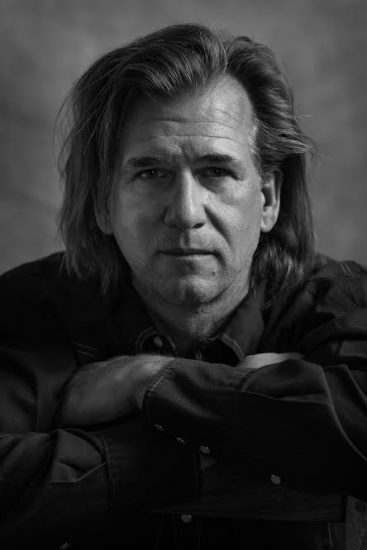 Pat McGee - Filmmaker
Pat McGee - Filmmaker(Photo Courtesy: Kenneth Jarecke)
Development
Pat McGee:
"Months before shooting we began shooting, I decided I wanted to do a documentary about how corporate media was not giving Bernie Sanders enough coverage, thus a Bernie Blackout.
But something interesting happened after Bernie Sanders’ heart attack: he began to rise in the polls and news coverage of his campaign increased.
The theme that I had been developing was falling apart because in some ways the ‘Blackout’ was being lifted.
After I received access to the campaign, I decided it was too big of an opportunity to pass up. I needed to chase the story.
Strangely enough, the story did become the Bernie Blackout.
The term once coined to describe lack of coverage had evolved, and it was now being used to describe corporate media’s bias and unfair coverage of Sanders and his campaign."
Key People
- “When I hit the campaign trail to begin filming Bernie Blackout it was just Greg Taylor (DP) and myself. Greg has worked with me on 24 to Life, The Deported, and was Co-DP on the documentary series, Dopesick Nation.”
- Adam Linkenhelt and Terry Hahin joined as invaluable co-EP’s.
Planned Production Process
“We had planned to spend a week interviewing independent journalists mostly in New York and D.C. but Covid prevented it. We moved to Skyping our experts and upped our GFX package to elevate the coverage.
“We also brought on D.C. based producer Matt Orfalea who had his finger on the pulse of the media players who were intimately involved. His expertise proved to be an important piece of the puzzle.
“We used experts and journalists that added critical analysis to the story and especially their commentary on the news clips. Finally, we had Terry Hahin and Egan Kolb create an amazing GFX package that explained a lot of pertinent information that is vital in understanding the “Bernie Blackout.”
Initial Pitch
“While Greg Taylor and I were out shooting Bernie Blackout on my own dime, I had a call with Vice to pitch a couple of new projects.
Just a couple years ago, my feature documentary, American Relapse was spun off to a ten-part series for them. I had a great experience working with Vice and was hoping to land another project.
My call was not to pitch Bernie Blackout but at the end of the conversation, I mentioned it in passing.”
Greenlight
“A couple weeks later after the campaigns were suspended from holding rallies I received the greenlight. I could not have been more thrilled.”
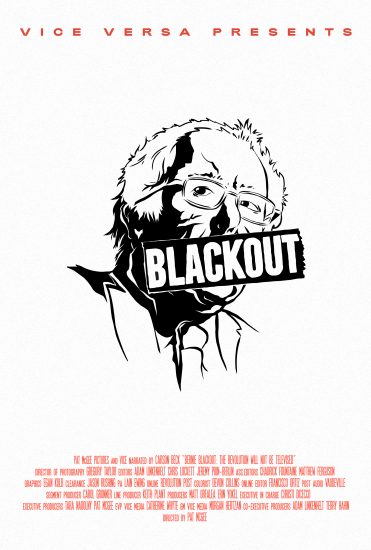
Archive/Other Research
Key Sources
- “Bernie Blackout used a variety of sources for archival materials. Even though we shot extensively at the Bernie Rallies, sometimes we would use a clip from the Sanders Campaign online stream.
- “Media and news clips were important in telling the Bernie Blackout, they served as evidence for the arguments that the journalist were making.
- “Another important element was the use a of a study conducted by Jeff Winchell, a Computational Social Scientist and Harvard Grad Student.
-- Jeff analyzed over 100 million tweets to successfully debunk the ‘Bernie Bro’ theory.
-- His use of social science and examination of real data was critical in establishing the film’s credibility.”
Researchers
“Research for the film was a collective effort.
It was all hands on deck.
With such a quick turnaround and delivery everyone’s involvement was vital to the success of Bernie Blackout.
In order to fully appreciate the scope of research we would list everyone involved in the film.”
Archive
“People connect with content that’s factual. More and more audiences know when something is overproduced, filtered or misrepresented.
The premise of Bernie Blackout is: Did corporate media unfairly influence the 2020 election?
That is something that resonates with factual programming!
The use of news media clips is an important and determining storytelling device that’s critical in successfully telling the story of Bernie Blackout.”
Key Challenges & Resolution
“Our filming ended abruptly when the presidential campaigns and to a large extent the country shut down due to the virus. A good reminder that you never know when the story ends! Thankfully, Greg and I shot had around the clock as we knew there were no do-overs, this was a historic election and we wanted to capture everything we could.”
“Two days into post, Los Angeles shut down and we needed to devise a plan to work remotely. Devon Collins and Revolution Post worked with us to formulate a plan where we could work remotely.”
“All the interviews for the journalists and experts had to be conducted via Skype. We decided to build out an extensive GFX package to assist in covering the parts of the interview that could have glitches. We embraced the idea that the journalists were working via Skype, it really captured them in a more organic environment.”
Field Production
- Time in field
From the week of the Iowa Caucuses (first state to vote) on January 31 to the suspension of the campaigns on March 11. - Process in field
The team in the field consisted of Pat McGee and Greg Taylor.
“It was a ‘follow documentary‘: each day we got up and had to go out and make it happen. Our schedule was completely dependent on whatever the campaign was doing and had scheduled. It was day-to-day producing. We only had one chance to get everything.”
Post-Production
Timeline
- The post production schedule for Bernie Blackout was tight. The schedule was vastly impacted because the documentary was intended to be a timely addition to a political conversation.
- We had roughly three weeks to post a rough cut.
- Another two weeks for fine cut, lock cut and for finishing.
- It’s important to note that the collaborative work with Vice was critical in our successful delivery.
Music
- Vice had deals with several good-quality libraries.
- The fast-track timing of the project did not allow the commissioning of an original score.
Production Budget
In the $300,000-500,000 range.
What do TV channels + NETFLIX pay for original programs, documentaries and reality series?
Get the Production Costs "Sweet Spots" Guide
Timeline
- Initial Idea: December, 2019
- Research and Push for Campaign Access Dec. – Jan. 2019/20
- Filming – January 31st – March 11th
- Initial Pitch via phone – Feb. 27th
- Paper Pitch one-page write up/synopsis – 3/1
- Edit selects for sizzle reel – 3/6 – 3/ 10
- Pitch Sizzle 3/10
- Campaign Rally in Cleveland Suspended (no more rallies)
- Greenlight! 3/11
- Budget, Outline, and Schedule – 3/15
- Booking and Filming – Journalist and Expert Interviews – 2/15 – 2/28
- Edit and Deliver Rough Cut 3/22 – 4/9 (15 edit days)
- Edit and Deliver Fine Cut 4/16 (3 edit days)
- Edit and Deliver Lock Cut 4/22 (3 edit days)
- Online and Mix 4/23 – 4/29
- Promo :60 released 5/6
- QC Review and Final Delivery 5/7 (3 edit days)
- Trailer 2:10 released 5/12
- Broadcast: 8 pm, Wednesday May 13th, 2020
Distribution
- Scheduled U.S. premiere on VICE: May 13, 2020
- Available on Amazon, Apple, and Hulu.
- “We’re hoping to screen at select film festivals. If you’re a programmer please contact us if you think Bernie Blackout could be a good fit for your festival.”
The Crew
Read about the production crew here: Bernie Blackout production crew
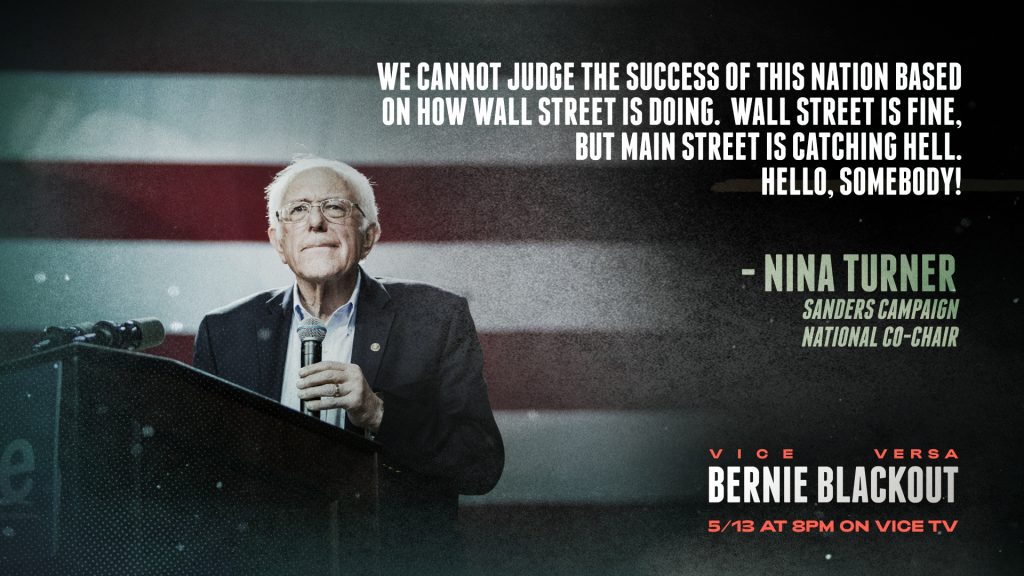
Outreach
“The intense following from people deeply involved in Bernie Sanders Campaign has been very rewarding.
So many supporters have reached out and said the film has been an important part of their grieving process after Bernie’s devastating loss.
One more highlight I would like to mention is from the academic world.
B.J. Bullert, a professor at Antioch University and a documentary filmmaker herself, has made the film required viewing for her class, MEDIA FOR SOCIAL CHANGE.”
Key Takeaways
“We were fortunate to find a great partner in Vice TV. Vice TV’s documentary series, Vice Versa was a perfect fit. The series as described by Vice, “VICE Versa independent documentaries give voice to radical and unapologetic points of view.”
When we set out to make Bernie Blackout there was no guarantee we would land a partner as big as Vice.
In the documentary world you need to be driven by the need and will to tell a certain story, to share something that’s important to you. I hope our films will inspire and impact social change.”
“I’ve been fortunate that the three feature documentaries I’ve directed have found large audiences; American Relapse (Graviatas Ventures), The Deported (YouTube Originals) and Bernie Blackout (Vice TV.)
I don’t take for granted these opportunities for distribution. I’ve seen so many amazing films that never reach outside of film festivals.”
About VICE TV
VICE TV is the Emmy®-winning international television network from VICE Media Group.
- Since its inception in 2016, the channel has ushered new audiences to cable with its compelling and provocative programming.
- Boldly redefining news and current affairs, VICE TV produces hundreds of hours of original content for over 160 million homes worldwide.
- Built around a mission to courageously explore the things that make us uncomfortable, drive curiosity, and awaken our sense of wonder, VICE TV showcases the best in informative and entertaining original series, documentaries and movies.
Want More Case Studies Like This?
CASE STUDIES: 50 Documentary, Unscripted & Reality Series Projects
by Peter Hamilton, Documentary Business
About The Author
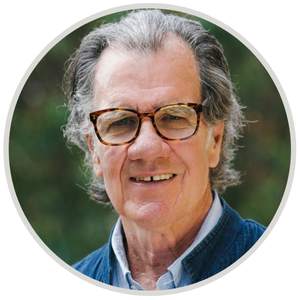
Peter Hamilton is a media & business strategist and former CBS executive who has directed his New York-based international consulting firm for 30+ years.
His clients have included NBC, A+E Networks, National Geographic Channels, Global Canal+ and BBC; the Rockefeller Foundation; and governments, including Singapore’s IMDA. He has planned and helped launch dozens of channels, notably for Discovery International.
Peter is the founder, editor & publisher of Documentary Business, giving weekly insider analysis to 20,000+ executives and producers worldwide.
He is the executive producer of Season of the Osprey for PBS Nature and worldwide distribution.
His office, Peter Hamilton Consultants, Inc has produced a series of premium industry reports/guides, including the resource-packed course: Selling Your Documentary To Netflix and The Streamers.
Hamilton was educated at The Wharton School, UPenn (MBA) and UMelbourne and regularly presents at major conferences, including MIPDoc and Sunny Side of the Doc.
New! Documentary Sales & Distribution Courses and Guides:
Selling To Netflix & The Streamers! Do you have a great documentary idea or an amazing series you know Netflix would love? This resource-packed course gives you everything you need to know to win a Netflix or Streamer deal. Includes 900+ searchable Netflix database, pitch deck sample, live Q&As, Sales Agents list and much more!
Documentary Sales & Distribution: The Ultimate Guide For Selling Your Documentary For Maximum Profit & Impact - A perfect complement with the Netflix Course. Learn how to generate multiple streams of income with your documentary.
Documentary Success Stories: 50 Case Studies - Get a roadmap of success for your own documentary by learning how other top filmmakers navigated the complex world of production, film financing and distribution. Get inside strategies & data from 50+ award-winning documentaries and unscripted projects.
Selling To Netflix & The Streamers
CASE STUDIES: 50 Documentary, Unscripted & Reality Series Projects
by Peter Hamilton, Documentary Business
Other Articles You May Enjoy
- How To Get Your Documentary On Netflix
- Why Netflix Needs Your Documentary (Right Now)
- 12 Point Check-List For Documentary Filmmakers
Ready To Make Your Dream Documentary?
Sign up for our exclusive 7-day crash course and learn step-by-step how to make a documentary from idea to completed movie!

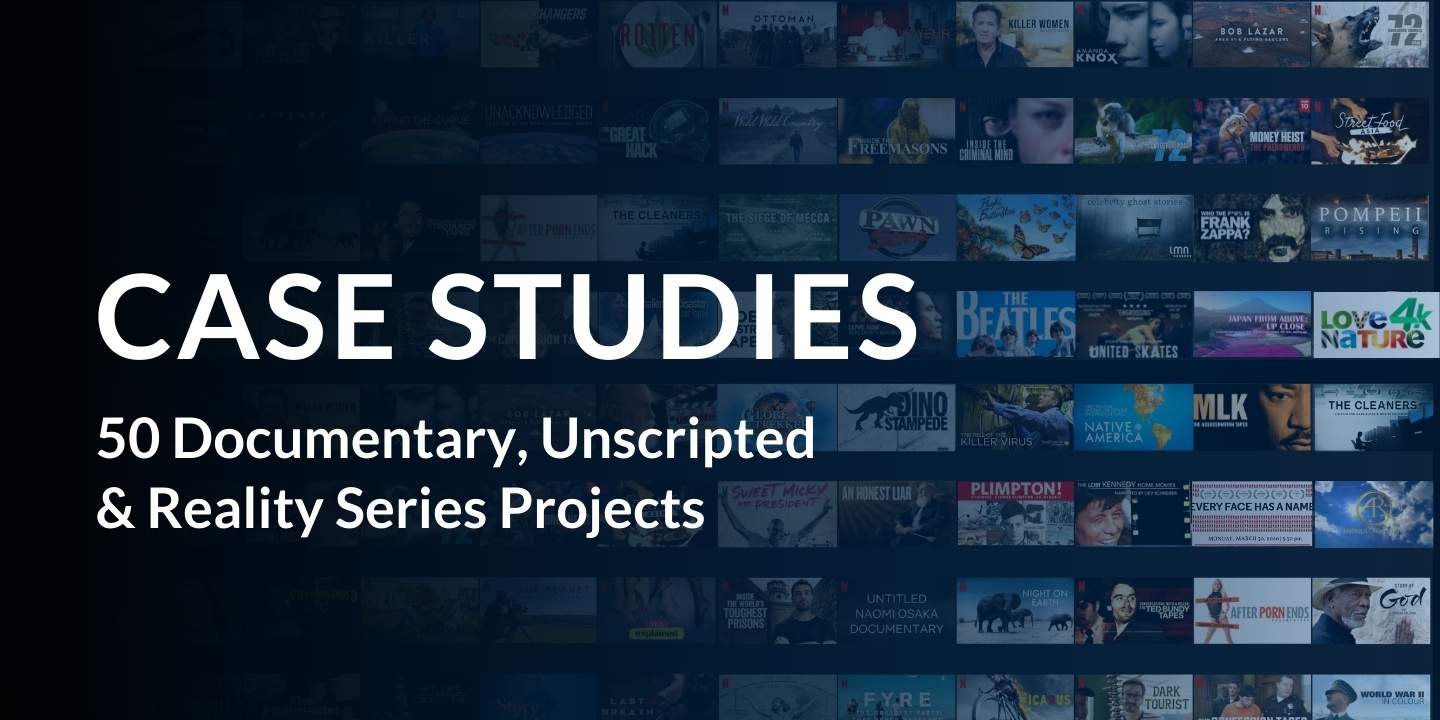
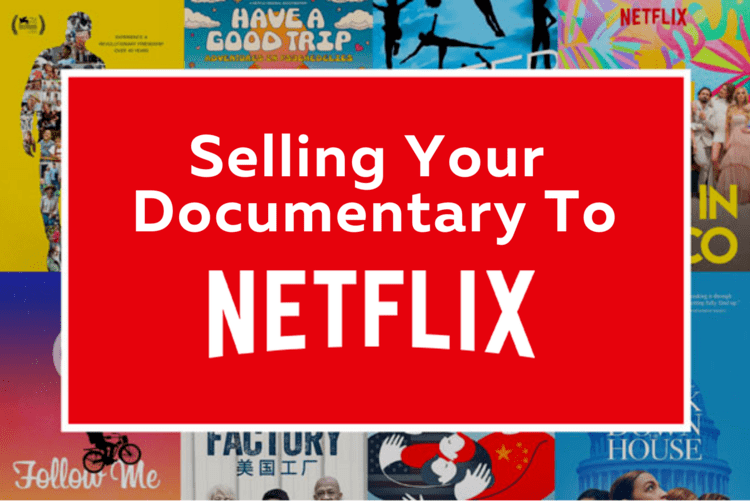

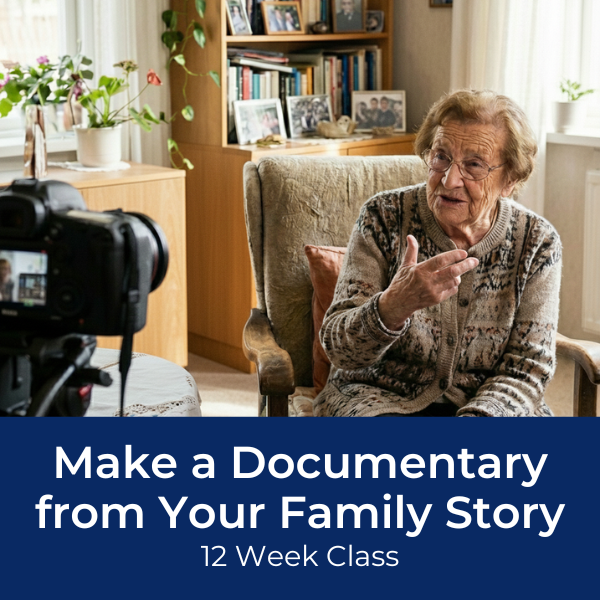


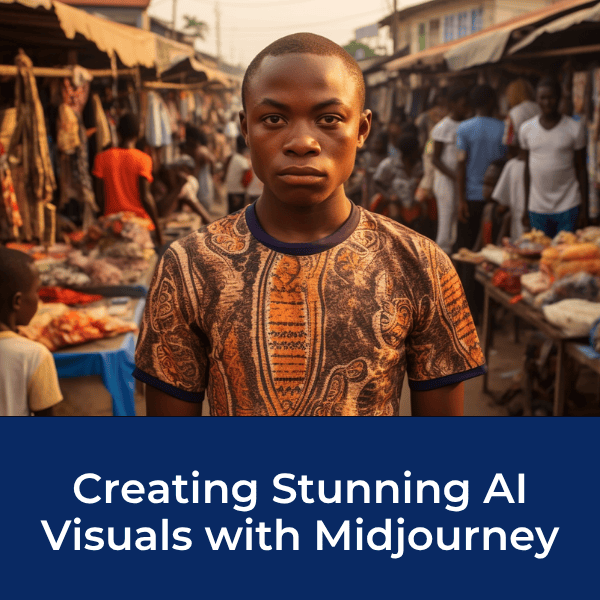








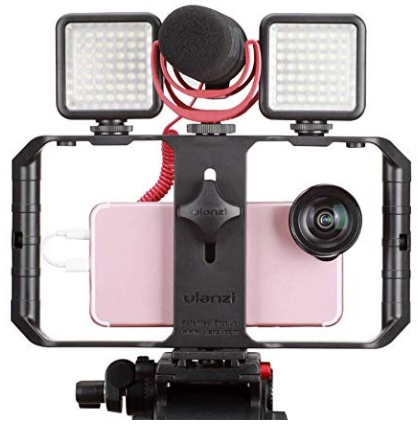
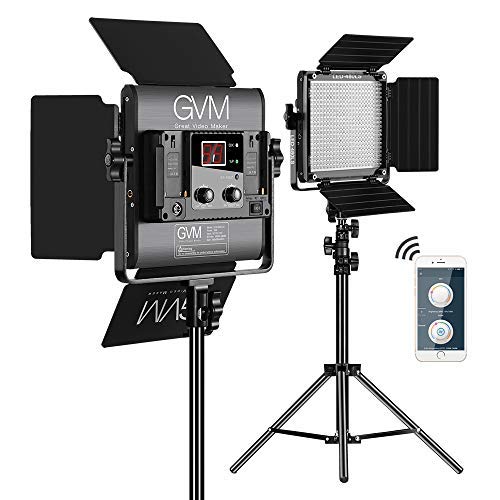
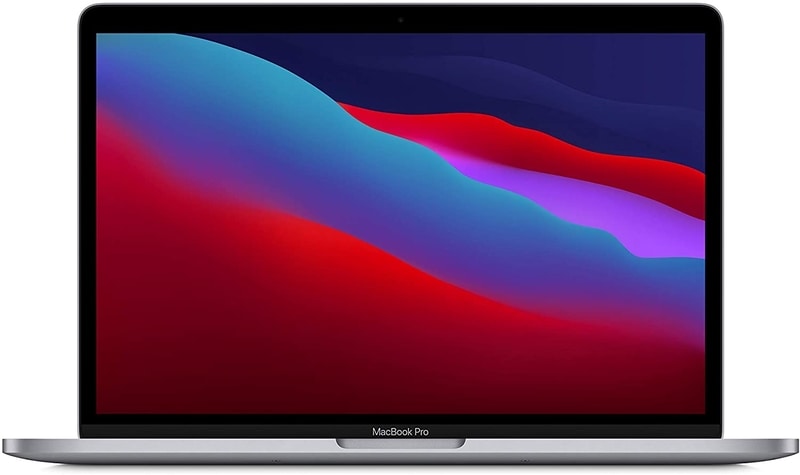
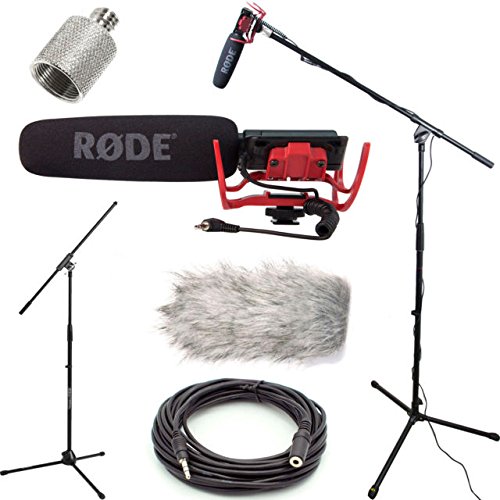
New! Comments
[To ensure your comment gets posted, please avoid using external links/URL's]